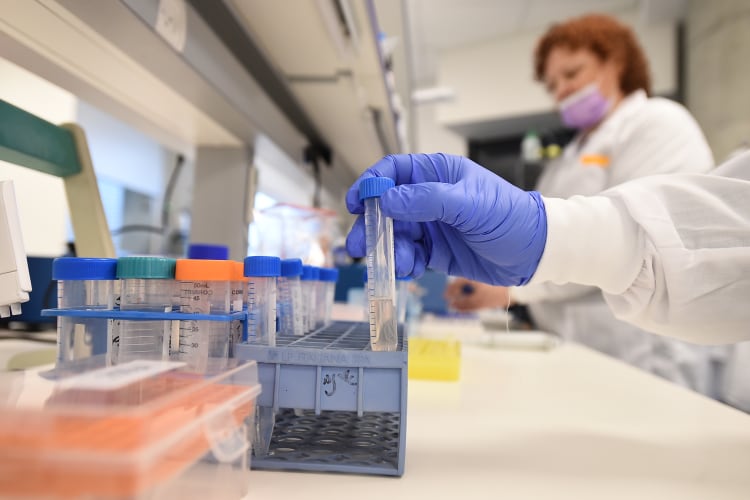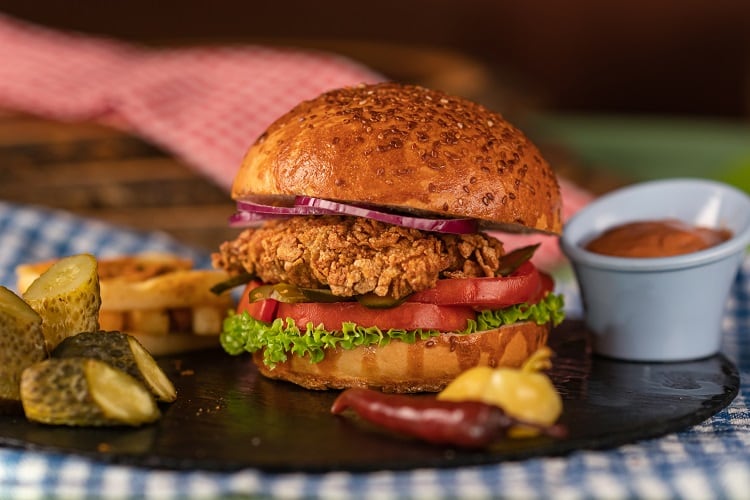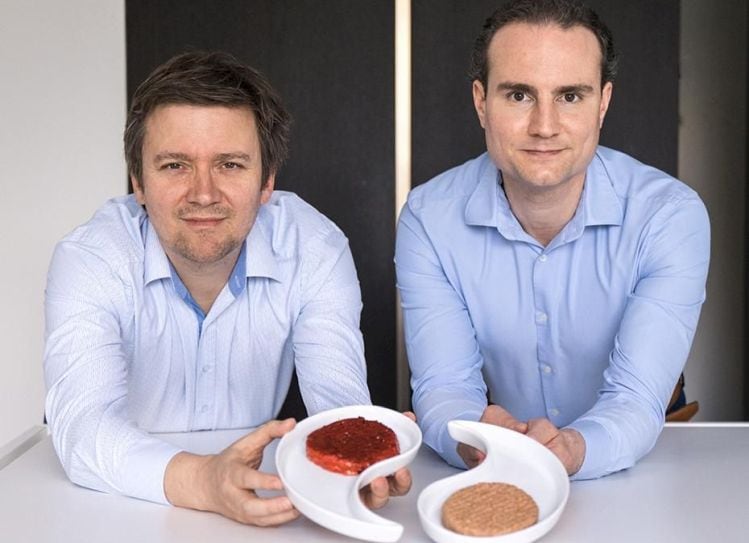The Israeli food tech company said that the first stage of development will serve as proof of concept. It will be the first food product to incorporate a cell-cultured milk ingredient and serve as proof of the viability of Wilk’s cell-based technology.
“The first yogurt we are producing will serve as a concept product and so will be a hybrid containing cell-cultured bovine milk fat,” Wilk VP of marketing and corporate affairs Rachelle Neuman detailed.
“The only cell-cultured ingredient this particular yogurt will contain is the milk fat. This is cultured in our laboratories from bovine mammary epithelial cells, which are the main cells found in the mammary glands of dairy cows,” she told this publication. “We cannot get into specifics regarding other ingredients while the project is still under development.”
Cell-cultured dairy for functionality and nutrition
Wilk develops technologies for producing cultured human breast and animal milk. Having launched operations in 2020, the company holds patents on laboratory production processes that replicate the milk-producing cells of humans and other mammals to create bio-identical milk and milk components in laboratory settings.
The yogurt product will contain the ‘core component’ of fat cultured from cells. What benefits will the addition of cultured milk fat bring to the hybrid product?
The company says including milk fat in the product formulation delivers nutritional and functional gains, ensuring that the finished product retains the ‘inherent nutritional benefits only found in real milk fats’, including the full complement of essential macro and micronutrients.
Drilling down into the nutritional qualities of Wilk’s cultured milk fat, Neuman noted: “Milk fat provides a rich source of antioxidants, anti-inflammatory and anti-carcinogenic properties, as well as a matrix of macro and micronutrients essential for human health and development. Bovine milk fat in particular contains both short-chain fatty acids and medium fatty acids that are vital sources of energy for maintaining healthy function of the muscles, heart, liver, kidneys, platelets, and nervous system. Fat is the main cause for the absorption of vitamin D, which is crucial in assisting the body’s absorption of minerals such as calcium, and vitamin E for it antioxidant properties. When there are no essential fats, as is often the case with skimmed milk, the required nutritional values are not absorbed by the body.”
While some brands are already incorporating ingredients like precision fermented whey into their formulations, Neuman suggested that cellular technologies are currently the only way to replicate milk fat without the cow. “Due to the complex composition of milk fat, it cannot be imitated in any process other than through cell culture techniques."
Neuman also claimed that the addition of cultivated milk fat to a hybrid product will deliver functional organoleptic properties that better replicate the experience of eating regular dairy.
“This is the benefit that will be most evident to the regular consumer. Milk fat simply cannot be synthetically replicated or reproduced with plant-based oils. Thus, by utilizing fat cultured from real milk cells, we can replicate the texture and taste of the final product while also providing all the nutritional benefits already mentioned,” we were told.
The yogurt development project is expected to last approximately six months, culminating in the incorporation of cell-cultured animal milk fat into a final product.
Concurrently, Wilk is working to increase the production capacity of cell-cultured fat in its facilities and establish optimal fat separation methods for use in foods.
“Our ultimate goal is to develop dairy products based 100% on cell-cultured ingredients, in order to meet the world’s long-term sustainability and food security needs,” Neuman stressed.
The Israeli food tech company, which is listed in Tel Aviv, is also working to accelerate the production of cultured human milk components that can be integrated into infant formula, providing nutritional improvements to support growth and development.




